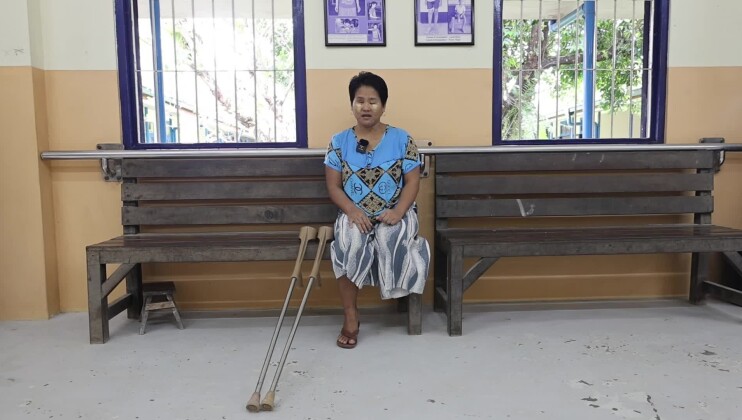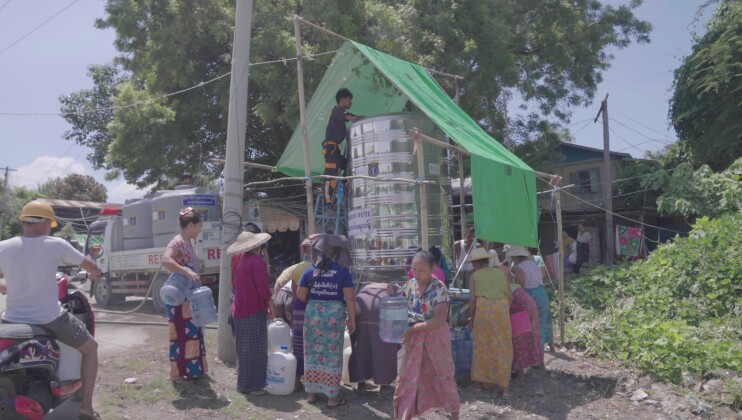New survey reveals Australian attitudes to torture in conflict
A new Red Cross survey shows that the majority of Australians oppose torture in war but many don't know that torturing a soldier for information is wrong, while some think it is acceptable.
The Australian survey coincides with a global report on attitudes to war, conducted by the International Committee of the Red Cross (ICRC), which found overwhelming support for the laws of war designed to protect civilians and healthcare.
Judy Slatyer, CEO of Australian Red Cross, says that while most Australians care very much about their fellow human beings, others needed to better understand why humanitarian laws and values matter.
"While 57% of people think that torturing an Australian soldier for military information should not be allowed, 23% were undecided and 21% thought it was okay. Torture is illegal and unacceptable in any circumstances. It has a devastating impact on those tortured as well as our collective humanity.
"The survey finds that more Australians (23%) believe that torturing an enemy soldier for information is acceptable than people from war-torn countries such as Syria (20%) and South Sudan (18%)."
World War Two Royal Australian Air Force veteran Keith Campbell survived in prisoner of war camps helped by Red Cross rations for three years after his plane was shot down in Germany. Mr Campbell says: "There's absolutely no excuse to torture any person, no matter what their nationality or beliefs. To me, being subject to torture is barbaric."
Australian men are more likely than women to agree that captured soldiers can be tortured to obtain information. Overall, 24% of men think Australian soldiers can be tortured as opposed to 18% of women. People aged under 20 or over 65 are also less likely to support torture.
The ICRC "People on War" report is the result of 17,000 people being surveyed between June and September across 16 countries. Ten countries were experiencing armed conflict at the time including Syria, Iraq, Afghanistan and South Sudan. It is the largest survey of its kind ever carried out by the ICRC.
"The global survey finds that more than four out of five people believe attacking hospitals, ambulances and healthcare workers, in order to weaken an enemy, is wrong," said Yves Daccord, Director-General of the ICRC.
"In such troubled times, where we face constant, horrific reports from the world's conflict zones, it's heartening that there's overwhelming support globally in the belief that wars should have limits. People truly believe in the importance of international humanitarian law, including the Geneva Conventions," Mr Daccord said.
There are worrying trends in the global survey. An increasing number of people are resigned to civilian deaths as an inevitable part of warfare, particularly in Security Council countries; UK, France, Russia, China, the United States. There's also a growing indifference to the torture of enemy soldiers, despite its absolute prohibition.
Ms Slatyer said: "The global results seem to show that people who live in mainly peaceful countries need to be more compassionate and understanding. Here in Australia, I wonder if we risk becoming numb to the true extent of human suffering and the consequences of war and conflict for all of us."




